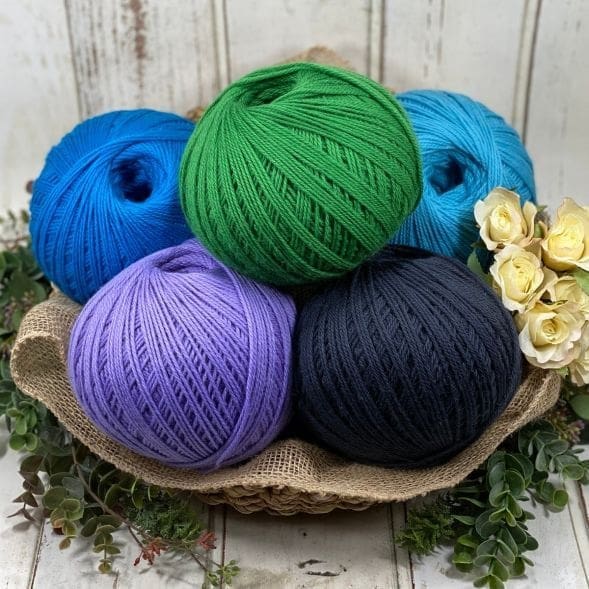Reduced demand and fluctuating currency exchange rates are the ‘main causes’ for the downturn in the sheep wool sector, NFU Cymru has said.
Wool is experiencing significant price reductions as the world market comes under pressure due to the Covid-19 pandemic.
Due to the situation, there have been fewer auctions and a reduced demand in wool across the globe.
As a result, the British Wool Marketing Board still has around 9m kgs of unsold stock out of a total 2019/20 clip of 27m kgs of wool to sell.
The board announced last week that it was unable to pay an advance payment for 2020 wool.
British Wool guaranteed that they would continue to take wool from registered producers – but payment would not arrive until May 2021.
Wyn Evans, NFU Cymru livestock board chairman, said that as a sheep producer, his business – like other producers – was suffering from low wool prices.
“Wool is a bulky product with significant transport costs, and for many the use of shearing contractors is the only option to clip the wool – both are costs that cannot be avoided,” he said.
“With wool value being very low per kilo for many grades, particularly those from the hills, this process now comes at a cost to the business.
“On a per head basis this may not be large, but the cumulative costs affects the bottom line of an enterprise, where gross margins are already under pressure.”

He said that British Wool applied for a Coronavirus Business Interruption Loan (CBILS) from the government, something that was ‘fully supported’ by NFU Cymru.
But the board’s application was turned down as they were considered an ‘arms-length’ body of government.
“This is a disappointing stance as the government guaranteed wool prices were stopped in 1993 and we believe that British Wool should be treated as a private sector business owned by its producers,” Mr Evans said.
He added that now ‘more than ever’ the sheep sector needed a ‘strong’ Wool Marketing Board that guaranteed all wool is collected.
“We cannot control world events and wool is a global commodity. However, with the right marketing I believe there is a lot we can do domestically to improve prices and demand.”
Producers have also called for the value of wool products to be recognised by consumers, including the environmental benefits of clothes made from natural fibres and their thermal value.
Mr Evans said much more was needed to be done to sell this natural product via a ‘concerted campaign’.
“There is no better or safer insulator for houses, and wool is a material that can be safely disposed of at the end of its life without any negative environmental impacts,” he said.

